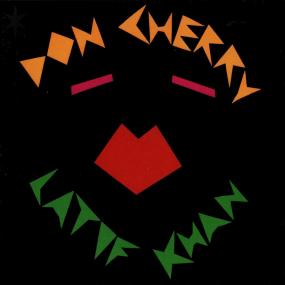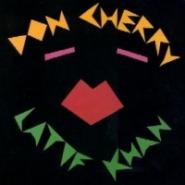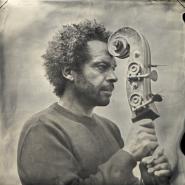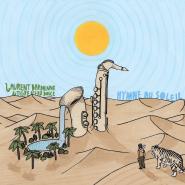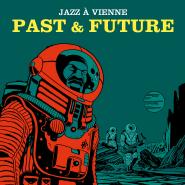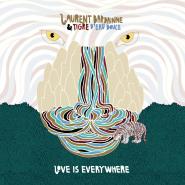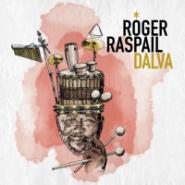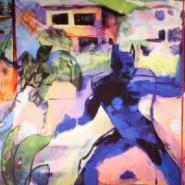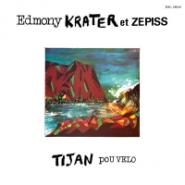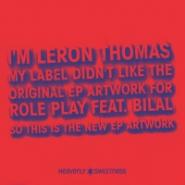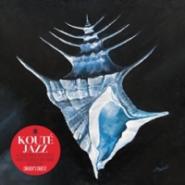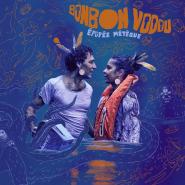MUSIC / SANGAM (2025 EDITION) by DON CHERRY & LATIF KHAN
| SKU | 82494 |
| Artist | DON CHERRY & LATIF KHAN |
| Title | MUSIC / SANGAM (2025 EDITION) |
| Label | HEAVENLY SWEETNESS |
| Catalog # | HS 015VL |
| Tag | |
| Release | W 01 - 2014 |
| Format | Vinyl - EULP |
| EAN Barcode | 3521381603798 |
| Exclusive | |
| € 24,99 | incl. VAT, excl. shipping |
Tracks
- untitled inspiration from home
- air mail
- one dance
- rhythm 58 1/4
- sangam
Description
180 Gram, 2025 REPRESS
This album was recorded in 1978 in Paris and released only in France in 1981.
That was the first meeting between Don Cherry and Indian percussionist Latif Khan and the result is an incredible mixture of jazz and Indian music. This unsung album is only known by hardcore fans of Don cherry who considered it as one of his best efforts.
Don Cherry, armed with a voracious musical appetite and boundless imagination, first made a name for himself — though not always fully understood — alongside Ornette Coleman, playing trumpet or cornet. In Los Angeles and then New York, he stood at the heart of a revolutionary approach to improvisation based on melody rather than harmony, later baptized "Free Jazz," the final structural development of American jazz. Over time, he became a champion of improbable fusions — gradually integrating into his style a whole array of “exotic” instruments, and more importantly, the cultures from which they originated. Among them: India, Brazil, Africa, Indonesia, and even China.
The time had come for the emergence of “world music”: in hindsight, a patchwork rich in imagination and seduction, but once the novelty wore off, often lacking in substance. In Don Cherry’s case, however, the commitment ran deep — tied to his personal engagement with a global vision of art and the human condition. Nothing anecdotal. One might speculate on how his family background shaped this extraordinary openness of spirit. But the talent? That was entirely his own.
Ustad Ahmed Latif Khan, from the Delhi gharana (a musical lineage), was part of a new generation of accompanists — percussionists, sarangi players, flutists, etc. — who had extended both the technical and conceptual possibilities of their predecessors to gain recognition as soloists and soon to venture onto the international scene. Among them, Latif stood out for his taste for irregular, highly syncopate d rhythmic patterns — rich in variety and originality.
Don and Latif had never met before the recording session, but the two quickly recognized one another as kindred spirits — calm, focused… and full of laughter. Don clearly knew what he wanted to create, and nothing seemed to pose a challenge for Latif, who grasped the American’s intentions immediately, warmed up his fingers at astonishing speed, and with his perfect pitch, naturally took on the role of tuning Don’s diverse instrument collection to match whatever was found in the studio — from concert piano and Hammond B3 organ to chromatic orchestral timpani.

